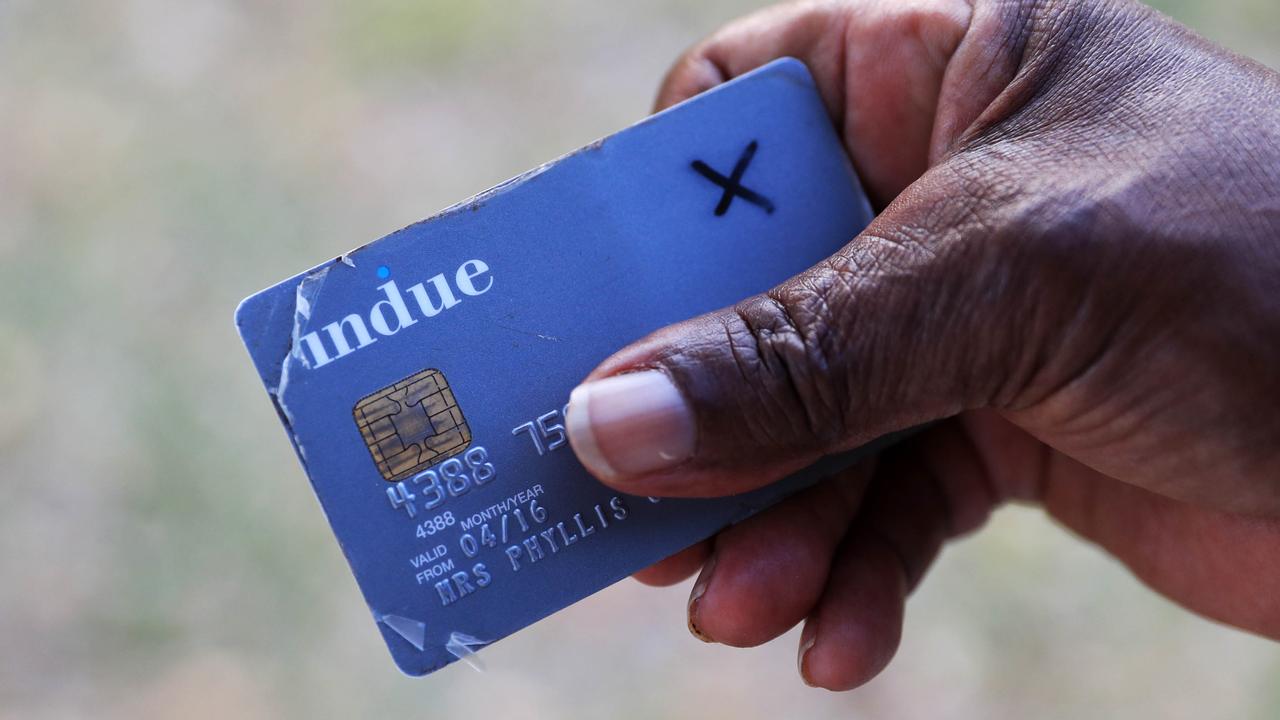Councils lose 'wet' canteens
QUEENSLAND has killed off any chance that Aboriginal community councils will regain control of "wet" canteens.
QUEENSLAND has killed off any chance that Aboriginal community councils will regain control of "wet" canteens and revive the vicious cycle of milking alcohol sales for revenue.
The option was quietly taken off the table when legislative changes kicked in to declare lapsed any remaining liquor licenses held by Aboriginal councils or those in the Torres Strait.
This means that the councils running the 19 communities with statutory restrictions or bans on grog will be ineligible to reapply for a liquor licence when their alcohol management plans (AMP) are reviewed under controversial measures announced by the state government this week.
State Aboriginal and Torres Strait Islander Affairs Minister Glen Elmes insisted yesterday the AMP review would not be affected by the High Court agreeing to hear a claim by Palm Island woman Joan Maloney that the restrictions are racist.
Prior to securing leave to appeal to the High Court, she had unsuccessfully challenged in the Queensland Court of Appeal her 2010 conviction for breaching the AMP on Palm Island, off Townsville, after she was caught with two bottles of contraband spirits.
Distilled drink, wine and full-strength beer are banned on the island, and purchases of mid-strength beer are limited to one 30-can carton at a time.
Chris Ronalds SC, for Ms Maloney, argued to the High Court yesterday that the restrictions unfairly put a discriminatory burden or prohibition on her, because of her race. Mark Hinson SC, for the Queensland government, said special leave should be refused, partly because extensive consultation with the community on the AMP had taken place.
The High Court's agreement to hear Ms Maloney's appeal did not imply support or otherwise for her case, Mr Elmes insisted.
"The review of the alcohol management plans is long overdue, so I don't want to delay it any further waiting for the High Court hearing to conclude," the Minister said.
Under terms of reference released to indigenous mayors this week, councils will be able to apply to vary the terms of their AMPs, which were introduced by the previous state Labor government to address social dysfunction that fed into violence and poor school attendance in the communities.
Council-run beer canteens were phased out in the process, as it was recognised that they created what Mr Elmes branded yesterday as a "perverse incentive" to pump more grog into the community.
The last of the liquor licences held by indigenous community councils lapsed in the Torres Strait in 2009.
"Councils came to rely on that revenue," Mr Elmes said. "Over time, it became an economic issue rather than the more important social issue for councils."
Mr Elmes has said existing alcohol restrictions or bans would not be eased unless the council concerned could demonstrate there would be no backsliding on progress made to curb violence or get more kids to schools.
The protection of women and children would remain paramount, he said.


